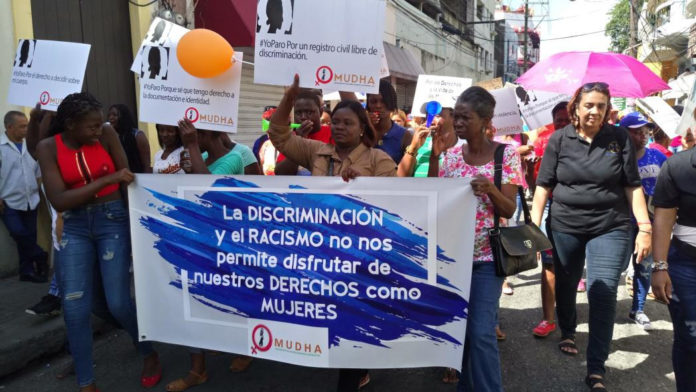El Salvador: where women’s bodies were weapons of war
Despite the passage of the Peace Accords over 25 years ago, social conflict remains: actors may have changed, but not the culture of violence, which is aggravated against women, especially young girls. Between January and August 2018, 274 women have been murdered because of the inequalities which deny women their rights thorough various mechanisms of control. It was not until 1950 that women were declared equal by law, while men have enjoyed that status for 190 years now. As a result, women are still struggling for equal political representation[1] and economic estate, and against a culture of rape against their bodies and autonomy.
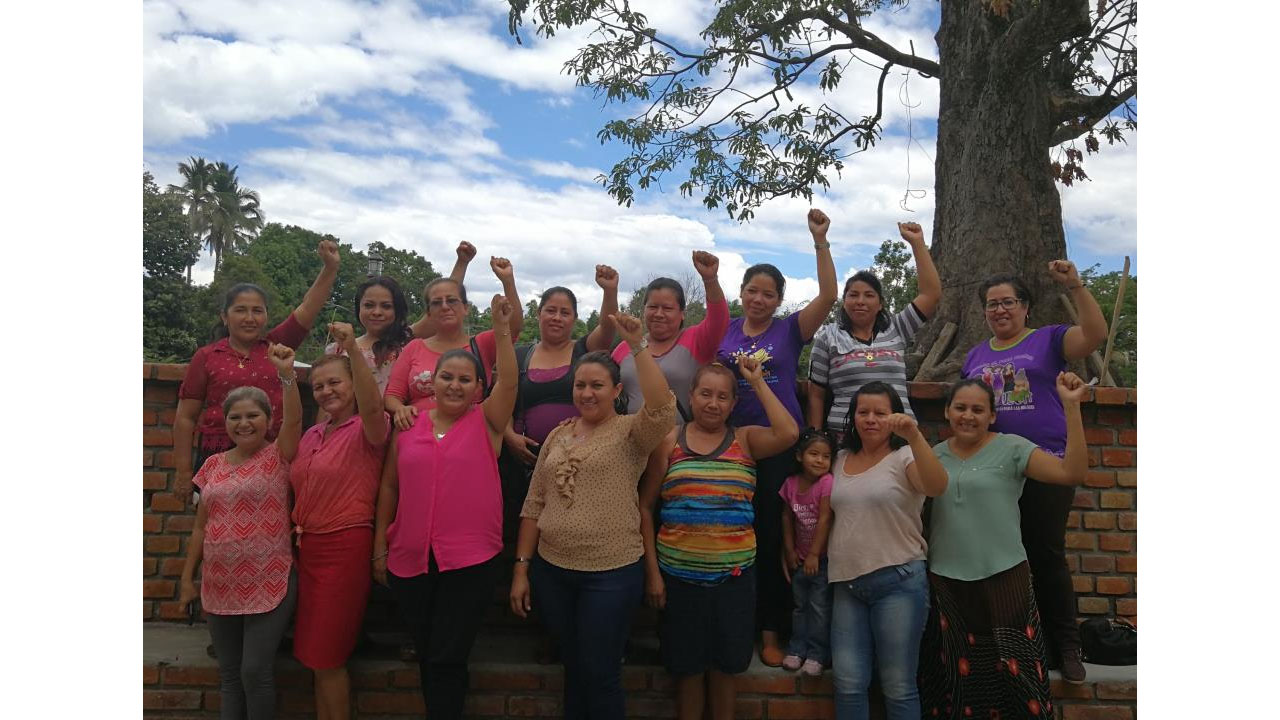
A milestone in the struggle for women´s rights in the country was the approval of the Special Comprehensive Law of Violence Against Women in 2010, although its measures are not fully implemented yet. In recent years thanks to the advocacy work of Christian Aid partner Association of Women for Peace (ORMUSA), 3 specialized courts have been established to deal with cases of GBV and 33 Women´s Units have been opened at police stations around the country. Advocacy efforts have also allowed for the design of protocols to identify femicides, the Prosecutor´s Office has secured more dedicated funds and at least 40 prosecutors have been trained on national and international legal rights for women.
ORMUSA has contributed to the development of a national system of data and statistics of violence against women. At the institutional level, our partner is supporting the Ministry of Justice and Security in drafting and implementing an internal Policy for Equality of Women, extending across its three divisions: penal justice, migration and the penitentiary. An expected impact of this work would be better addressing the cases of women convicted for abortion.
Dominican Republic: Haitian women deprived of citizen’s rights
Christian Aid partner MUDHA (Movement of Dominican-Haitian Women) promotes the integration and participation of these women and Haitian citizens in the social processes that take place in their respective communities, to counteract sexism, racism and anti-Haitianism. Likewise, to defend and safeguard the civil, political, economic, social, cultural and human rights of the Dominican population of Haitian descent.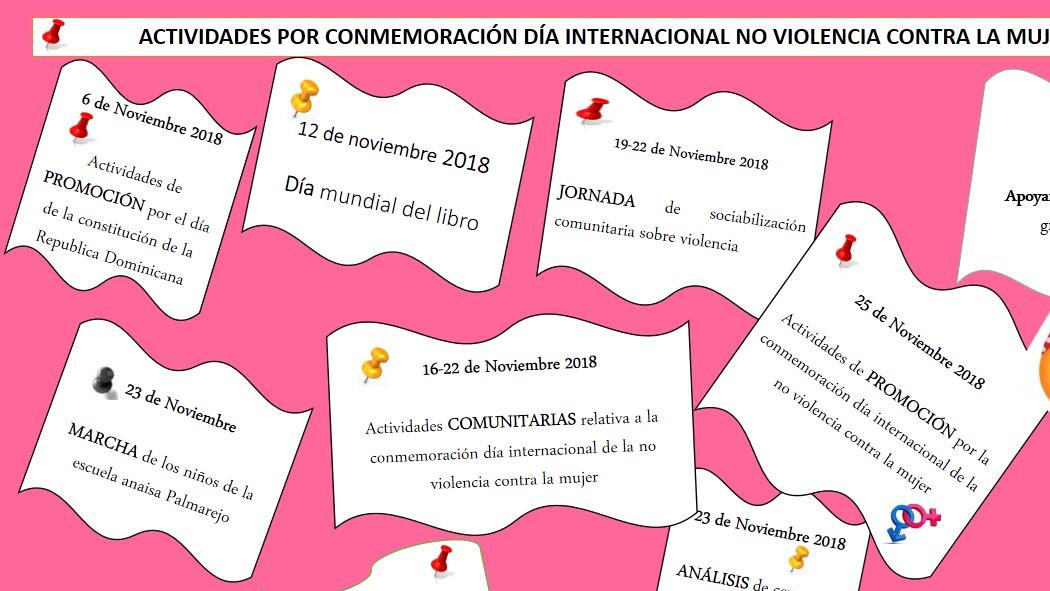
Brazil: women human rights defenders in the Amazon
Far from the urban centres and from media and public opinion attention, women in Brazil who fight for their rights are tackling violence with the support of Christian Aid and the Movement of People Affected by Dams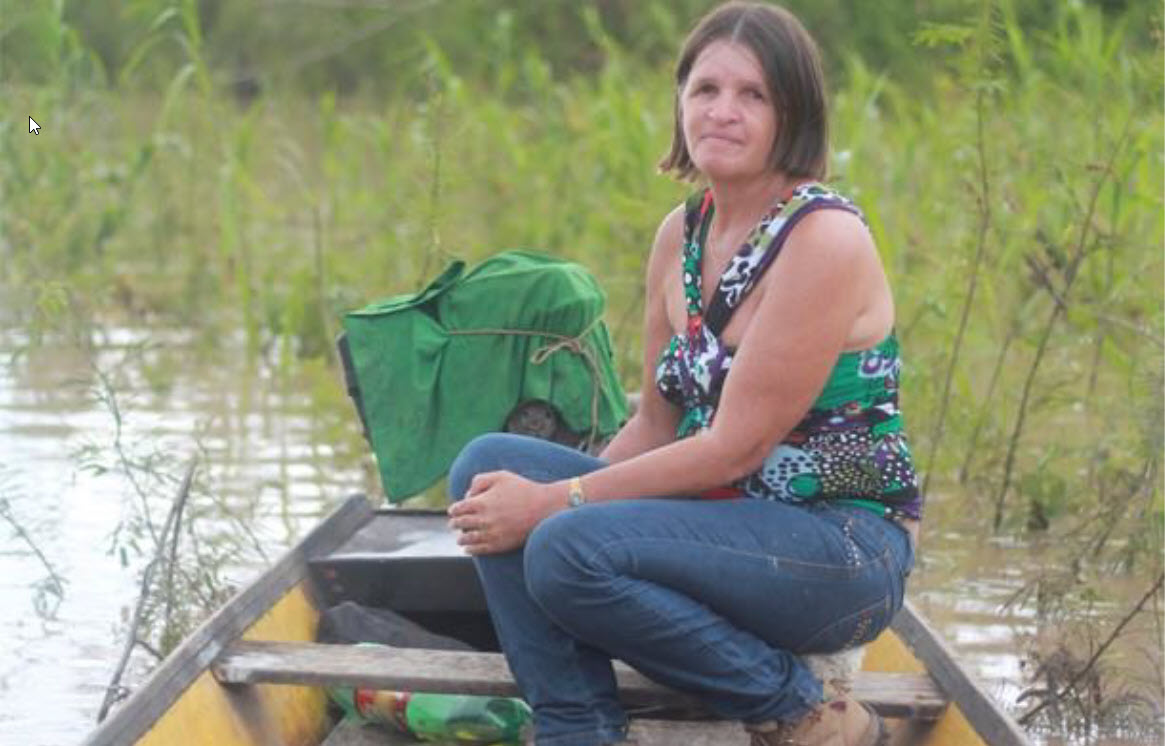
Colombia: LGBTI people are victims of gender-based violence
Latin America and the Caribbean has some progressive views on LGBTI rights as shown by the advisory opinion of the Inter-American Human Rights Court in early 2018. However, lesbians, gays, bisexuals, transgender and intersex people still face high levels of discrimination and violence. The same Inter-American Court reported that this type of violence has increased in LAC in the past 10 years and between 2013 and 2014 there are reports of 770 cases, 594 of which were homicides. According to the UN, ‘This cruel treatment includes killings, violent attacks, torture, arbitrary detention, forced marriage, denial of rights to assembly and expression, medical violence and discrimination in accessing health care. LBTI people also face discrimination in education, employment, and housing.’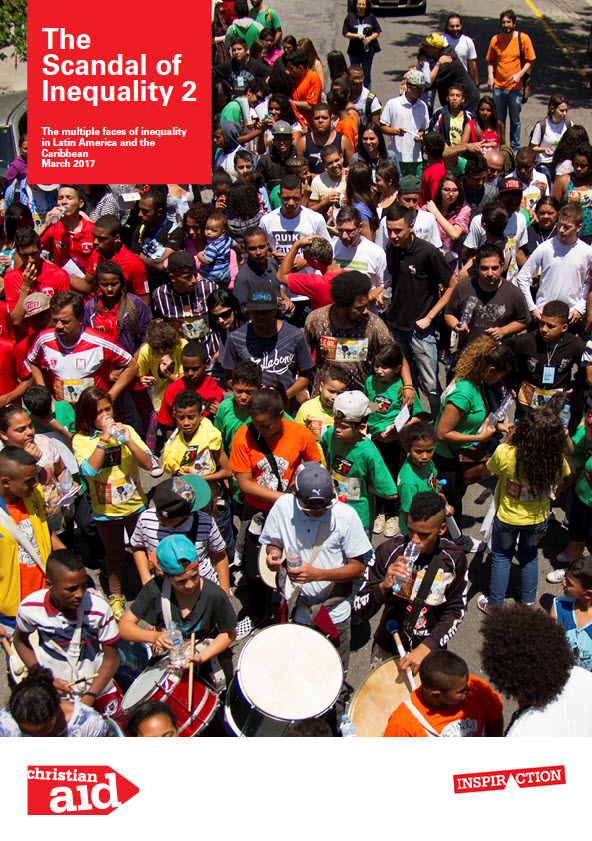 According to Christian Aid’s report Scandal of Inequalities 2, women in the region earn 22% less than men for similar jobs – in the Dominican Republic, 71% of women earn less than their partners. Social norms relating women to the domestic space, and the unequal burden of caring for children and elderly relatives, increase discrimination and widen economic gaps. The LGBTI population also suffers discrimination and faces LGBT-phobic structures which hinder the access to jobs and services and increase exclusion, humiliation and violence. Unequal access to the judicial system contributes to the reproduction of violence and injustice based on identity.
According to Christian Aid’s report Scandal of Inequalities 2, women in the region earn 22% less than men for similar jobs – in the Dominican Republic, 71% of women earn less than their partners. Social norms relating women to the domestic space, and the unequal burden of caring for children and elderly relatives, increase discrimination and widen economic gaps. The LGBTI population also suffers discrimination and faces LGBT-phobic structures which hinder the access to jobs and services and increase exclusion, humiliation and violence. Unequal access to the judicial system contributes to the reproduction of violence and injustice based on identity.
Guatemala: make government spending gender-sensitive
‘Analysis of fiscal policy can’t be neutral. In the case of VAT, for example, increases in this tax influence poverty, and this has a greater effect on women, given that the majority of households living in poverty in Guatemala are run by women’. So explained Ana Cevallos from our partner organisation Instituto Centroamericano de Estudios Fiscales (ICEFI, the Central American Fiscal Studies Institute). Despite the fact the Guatemala has one of the highest GDPs in Central America, it is also one of the countries with the highest levels of inequality in all of Latin America. Factors which contribute to social exclusion, such as unequal relations according to gender, class and ethnicity, mean that some groups face multiple disadvantages. The roots of this inequality include the differential participation of women in the labour market (including increased indices of un- or underemployment, and of participation in the informal sector, leading to a lack of guarantees with regards to labour rights). For every dollar earned by Guatemalan men, women receive just 56 cents.Bolivia: Gender Based Violence, Exclusion and Discrimination within the churches
Christian Aid´s partner, ISEAT, has published a book entitled The experience of being a woman in Churches of La Paz and El Alto which exposes how and why male dominated power structures propagate a culture and practices which protect and cover up systemic violence and abuse against women.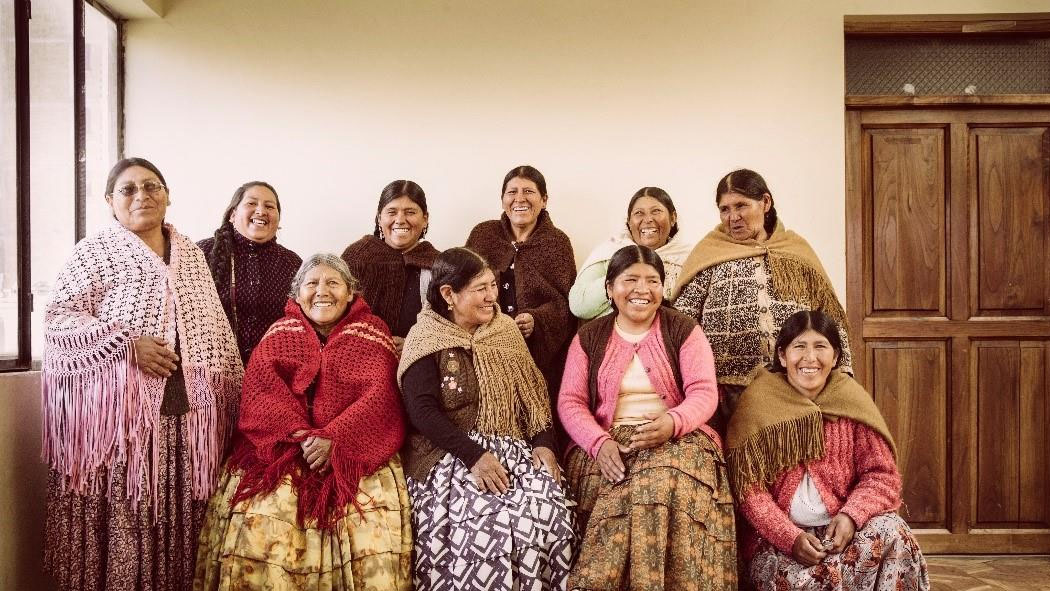
- Women are not allowed to plan the family: they must have the sons and daughters that God wants, not the ones they freely decide.
- Women cannot exercise sexuality outside the limits imposed by religion (not to practise it before marriage and to exercise it within the framework of heterosexuality).
- Consider them inferior by nature
- Require submission to the husband
- Not value their testimony on equal terms
- Not recognize their authority (capacity of leadership)
Progress halted?
There was considerable social progress in the region during the first decade of this century, in areas such as health, education, women, rights of Afro communities and indigenous people – hopes raised by a wave of progressive governments in various countries. Several countries passed specific laws to tackle GBV – such as the yet-to-be-implemented 2013 law to protect victims and guarantee access to justice in Colombia and Brazil’s Maria da Penha law against domestic violence. However, such measures were not enough to decrease deeply entrenched inequalities, merely alleviating them for a short period of time. More recently, the rise of far-right wing governments aiming at social and political conservatism and associated with economic liberalisation and religious fundamentalism, threatens to revoke the recently won policies of inclusion and deepen social and economic divides. It is now very probable that violence against women, LGBTI, Afro and indigenous populations will increase. Civil society organisations have always played an important role in the guarantee of rights and pressing institutions to enforce policies against all kinds of violence. Where governments abandon the focus on reducing social inequalities there is a need for more, stronger civil society organisations to resist to these setbacks. Gender based violence is a structural problem that must be tackled at different levels with actions that address its diverse roots and varied inequalities.References
UNDP, 2017. United Nations Development Programme, Regional Center for Latin America and the Caribbean, ‘From Commitment to Action: Policies to End Violence Against Women in Latin America and the Caribbean’, Panama, 2017. CA, 2017. Christian Aid. ‘The Scandal of Inequality 2’, < https://www.christianaid.org.uk/sites/default/files/2017-08/scandal-inequality-2-multiple-faces-inequality-latin-america-caribbean-march-2017_2.pdf>,London: 2017[1] In the 2018 legislative and municipal elections, only 31% of elected parliamentarians are women and 10% of mayors

